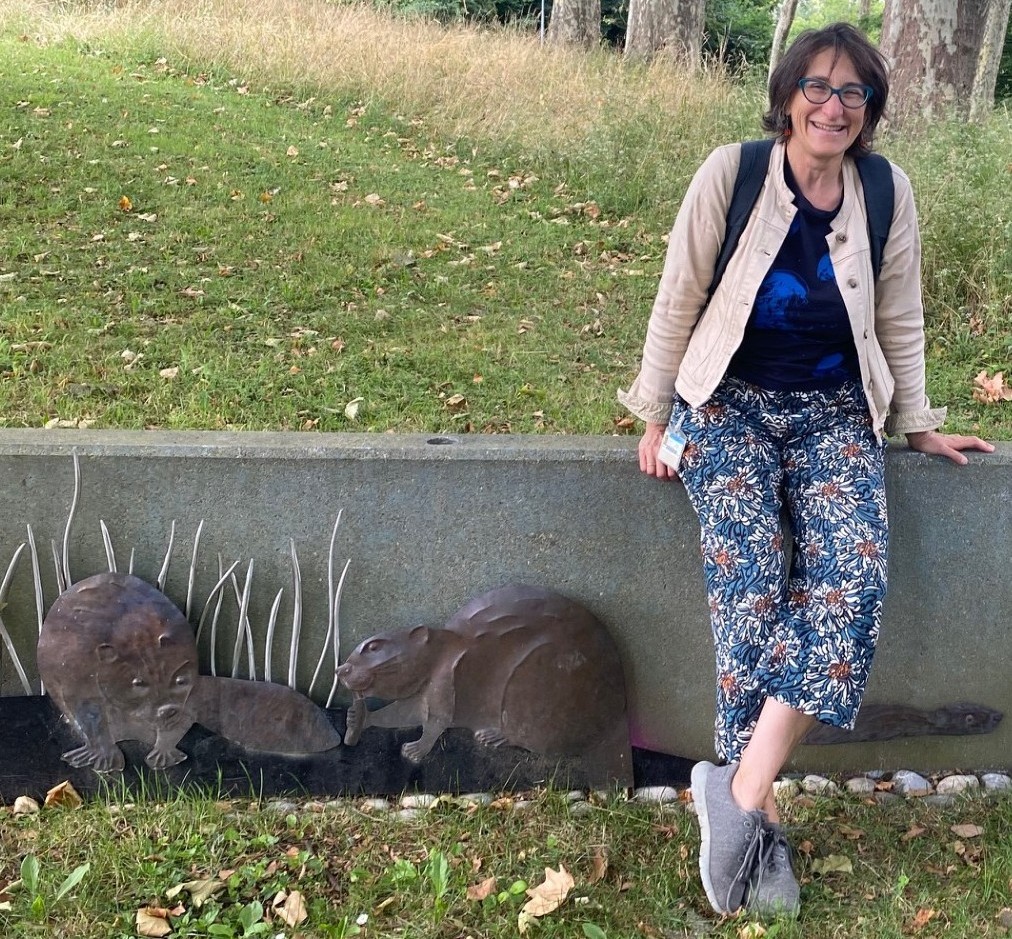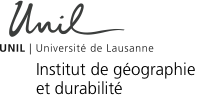
University of Lausanne
Institute of geography and sustainability
Mouline - Géopolis 3506
CH-1015 Lausanne
Research fields
Unwanted animals in the city
Over the last few years, I've shifted my focus from the unloved city to the unloved nature and, more specifically, to the unwanted animals of the city.
Rats, pigeons, bedbugs, cockroaches and mosquitoes - far from the enchanting imaginary world associated with urban nature, the idea arose, following a personal experience, to investigate this 'other urban nature', disturbing and sometimes even hostile, but also singularly adapted to the artificial environment of cities.
In collaboration with the Cantonal Museum of Natural Sciences in Lausanne, I have staged an exhibition on this theme in 2022-23 and published the book "Indésirables!? Les animaux mal-aimés de la ville".
My current research focuses in particular on the perception and regulation of undesirable species in indoor spaces.
City in life sciences
In recent years my work has focused on the way in which the life sciences approach the urban phenomenon. Urban ecology has expanded considerably in recent years. Whether it focuses on green spaces in cities or on the city as a whole as an 'anthropo-ecosystem', urban ecology is playing a growing role not only in knowledge, but also in the management and planning of cities. However, the interest of the life sciences in the city remains very relatively limited. The SNSF EcolUrbs project has demonstrated the historical importance of ideas hostile to the city in the main international publications in ecology, but also that the rise of research in urban ecology corresponds to a broader redefinition of the aims, practices and relevance of ecology as a whole.
More specifically explored in Maud Chalmandrier's PhD thesis, the spatial dimensions of local naturalist research shed light on the historical role played by the naturalist inventory in the emergence of scholarly ecological interest in the city in the Swiss context.
Urban Agriculture
While agriculture has played an important role in the construction of the Swiss anti-urban imaginary, the hybrid notion of urban agriculture and the initiatives that accompany it have shaken up this representation. Initially interested in the imaginary of urban-rural relations in urban agriculture, I then studied and contributed to the definition of this emerging practice in Switzerland and Europe, having taken part in the first COST project dedicated to this theme. I also studied its integration into urban governance, more specifically in Geneva and Lausanne, in collaboration with my doctoral colleagues Cyril Mumenthaler and Ingrid Jahrl.
More recently, with colleagues from the IGD and the University of Nanterre, I initiated a collective study of activism in urban agriculture, inspired by the tradition of North American scholar activism in this field (Reynolds & Cohen, 2016).
In 2015 I set up the first master's seminar in Switzerland devoted to urban agriculture. See the videos made by my students in 2020, 2021, 2022, 2023.
City and environmentalism
After long prioritizing the non-urban environments, environmental NGOs such as the WWF or ProNatura are paying renewed attention to cities. However, despite this development, my research has shown that those actors still hold views that are hostile to the city and that devalue urban nature in comparison with less anthropised forms of nature.
Following my participation in a working group of the Swiss Federal Office for the Environment, and my membership in the scientific committee of a Swiss Nature Park (PNP Jorat), I have been working on the relationship between city and nature in Switzerland's nature parks.
The unloved city
The unloved city relates to collective imaginaries and practices that are hostile to the city. In my Phd thesis, I showed the influence of anti-urban ideologies on the genesis of planning thought in Switzerland and, consequently, the primacy given to environmental and agricultural issues. This problematic then led me to develop reflections on the opposition between town and country, town and nature and the pervasiveness of the urbaphobic universe in Switzerland, France, Great Britain and in the international perspective of the World Bank's strategies.
A common lesson from these analyses of the urban imaginary is that anti-urban or, conversely, pro-urban representations have a proven power of effectiveness in the sphere of political action, all the more so because they are rarely made explicit.
